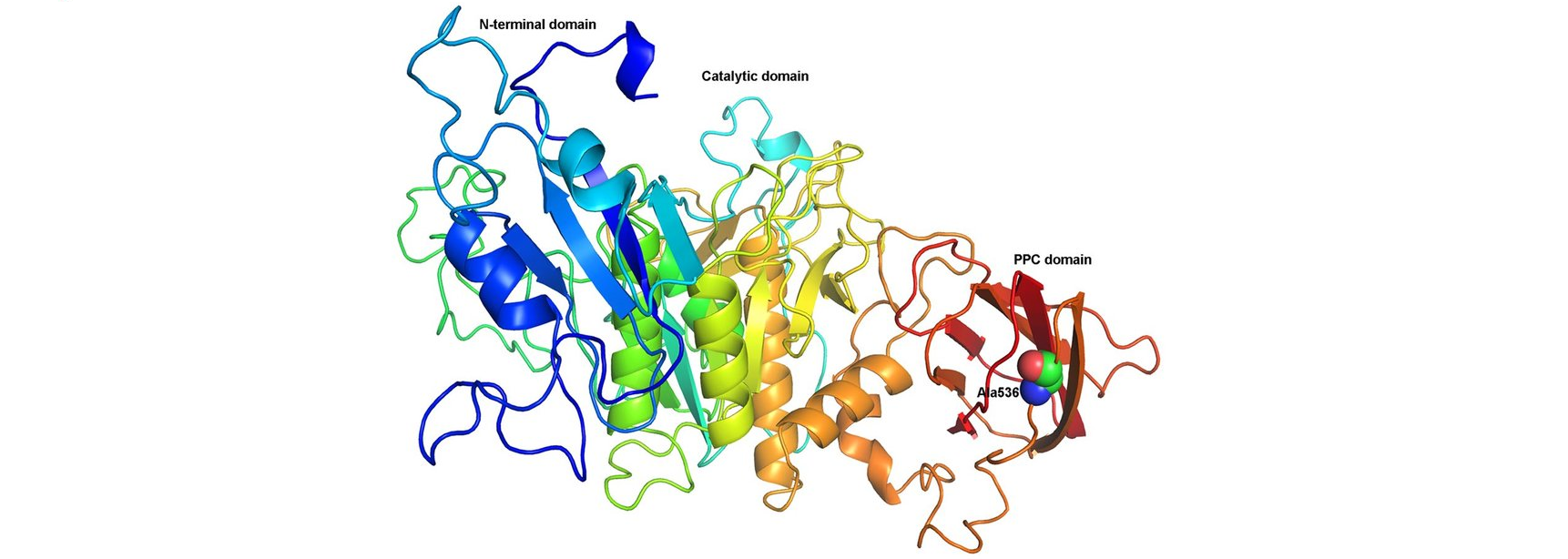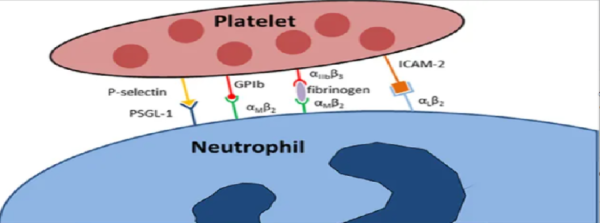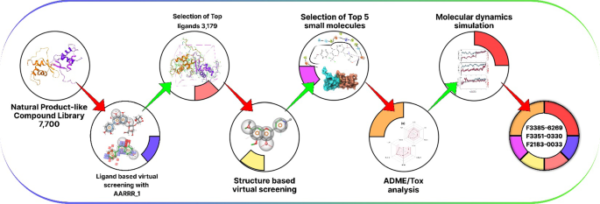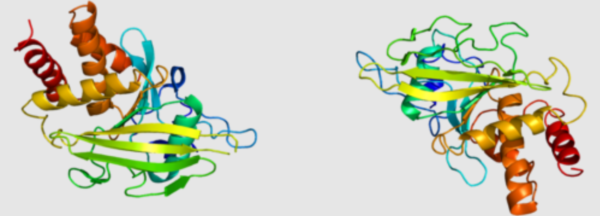Proteases are a diverse group of enzymes that play critical roles in various biological processes, including digestion, cell signaling, and immune response. However, dysregulation or malfunctioning of proteases can contribute to the development and progression of numerous diseases, such as cancer, cardiovascular disorders, and autoimmune conditions. As a result, there is a significant interest in developing compounds that can selectively modulate the activity of specific proteases.
The Library of Compounds Targeting Proteases is a comprehensive collection of small molecules and peptides designed to interact with and regulate the activity of specific proteases. This vast resource provides researchers and drug developers with a wealth of chemical entities to explore, enabling the discovery and optimization of potential therapeutic agents.
Understanding the Library of Compounds Targeting Proteases
Diverse Protease Targets: The library encompasses compounds that selectively target a wide range of proteases, including serine proteases, zinc-dependent metalloproteases, cysteine proteases, and aspartic proteases. This diversity ensures that researchers have access to compounds that can selectively modulate the activity of specific proteases, offering potential therapeutic interventions in various disease contexts.
Chemical Diversity: The library comprises compounds with diverse chemical structures, optimized properties, and drug-like characteristics. This diversity increases the chances of finding lead compounds with improved potency, selectivity, and pharmacokinetic properties. It also promotes the exploration of structure-activity relationships (SAR), guiding the design and optimization of more effective compounds.
Functional Assays: Alongside the compounds, the library provides functional assays tailored to each specific protease target. These assays enable researchers to assess the potency and selectivity of the compounds in modulating the activity of proteases. This information is critical for identifying lead molecules and understanding their mechanisms of action.
Collaboration and Knowledge Sharing: The Library of Compounds Targeting Proteases serves as a platform for collaboration among researchers and drug development teams. By sharing insights, data, and expertise, scientists can collectively advance the understanding of protease biology and accelerate the development of targeted therapies.
Potential Applications of the Library of Compounds Targeting Proteases
The Library of Compounds Targeting Proteases has the potential to facilitate the development of novel therapeutic approaches for various diseases. Here are some potential applications:
Cancer Therapeutics: Dysregulated proteases often contribute to tumor growth, invasion, and metastasis. Compounds in the library that selectively inhibit these proteases can be explored as potential anti-cancer therapies. Targeting proteases involved in angiogenesis, extracellular matrix degradation, and immune evasion could aid in developing strategies to restrain tumor progression.
Inflammatory and Autoimmune Disorders: Proteases play a crucial role in immune responses, and their dysregulation can contribute to chronic inflammatory diseases and autoimmune disorders. The library’s compounds provide an opportunity to modulate protease activity in these contexts, potentially alleviating excessive inflammation and dysregulated immune responses.
Cardiovascular Diseases and Thrombosis: Cardiovascular disorders, including atherosclerosis and thrombosis, are often associated with aberrant protease activity. By targeting specific proteases involved in these processes, compounds from the library may help prevent pathological vessel remodeling, reduce plaque formation, and inhibit excessive thrombus formation.




